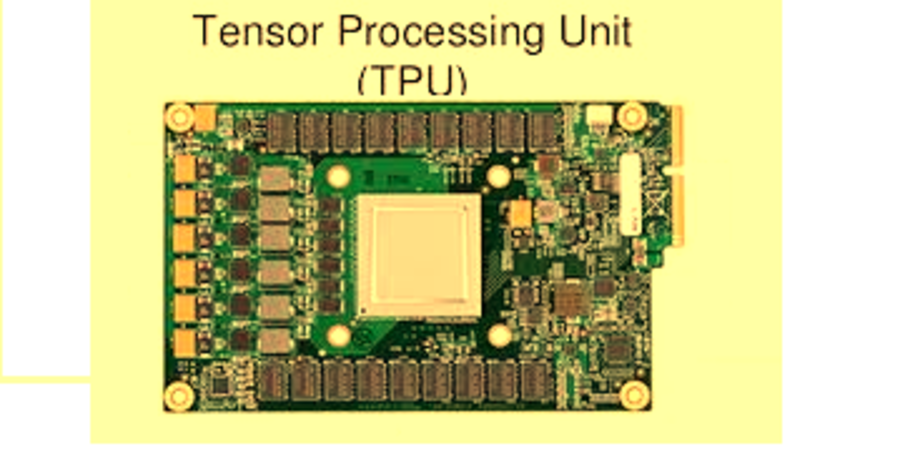Machine learning is changing the dynamic of the web hosting industry in countless ways. Although machine learning technology has been utilized in some capacity for around a decade, the web hosting industry has only recently begun to explore the potential of this cutting-edge technology. Tensor Processing Units (TPU) are the lynchpin of machine learning technology and will help companies better leverage the benefits of artificial intelligence.
TPUs Are Revolutionizing Machine Learning in the Web Hosting Industry
As Host Advice reported at the time, the biggest breakthrough in machine learning in the web hosting industry was announced in 2017. Google launched a new cloud hosting solution that relies on tensor processing units (TPUs). Machine learning was used by web hosting providers prior to this announcement. However, the new technology has streamlined the utilization of AI in important ways.
“This year, Sundar Pichai (CEO), Jeff Dean (Research), and Urs Hölzle (Google Cloud) all made simultaneously timed announcements that effectively launched an entirely new form of cloud hosting based around machine learning and artificial intelligence. Google has developed a new type of computer server with advanced Tensor Processing Units or TPUs which function to optimize machine learning processes for AI,” writes Host Advice author Eliran Ouzan.
You can read the other article on what is web hosting to understand why this is such a major development.
In a sense, TPUs are analogous to graphics processing units (GPUs) in computer graphic engines, except that they are used for machine learning processes instead of digital images. They play an important role in optimizing machine learning algorithms.
The potential benefits that they provide are virtually endless, including:
- Getting a better understanding of the priorities of users engaging with web applications. This can help developers improve user engagement with automation.
- Helping content developers maximize monetization through advertising.
- Responding to a growing array of cybersecurity risks.
This project was developed to incorporate machine learning into cloud hosting platforms. However, hosting companies have found ways to use the same TPUs for other projects as well.
Farhad Malik wrote an article about hosting machine learning tools online. He discussed using Flask to create Python-based web applications. Malik said that one of the benefits of this platform was that developers could create machine learning applications with Python. These applications could easily be hosted online as unique web applications.
He shared a helpful step-by-step process for setting up these machine learning applications and uploading them to an online server. Developers can build on his framework by adding TPUs to improve the processing capabilities of the machine learning algorithms behind the application.
How can developers go about using tensor processing units for the applications they intend to host online? There are several approaches that they can follow. One of the simplest is to invest in the Coral Edge kit.
Coral Edge is a development platform that Google released early last year. The platform is very similar to Raspberry Pi. It is a low-cost option to create machine learning TPUs, which can be embedded in various web applications. Of course, there are other tools that allow developers to create machine learning solutions. However, the Coral Edge is arguably the most cost effective, especially for new developers that are just starting to explore the nuances of machine learning.
TPUs Are Creating a New Era in the Web Hosting Industry
The web hosting industry is undergoing numerous changes, due to advances in machine learning. A growing number of companies are relying on TPUs to optimize the machine learning processes that their online applications depend on. Hosting providers are making sure that these new services are available to their customers, so they can fully take advantage of the capabilities of machine learning.




